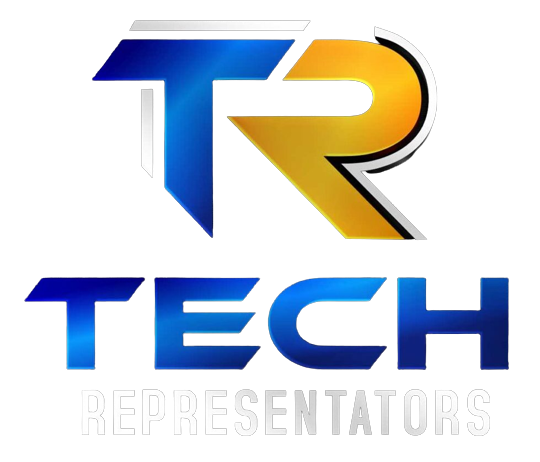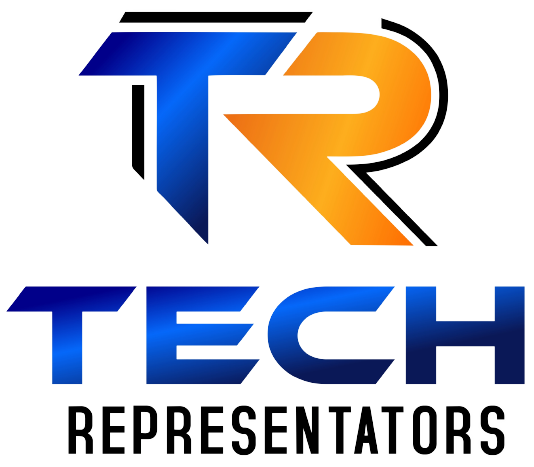Blockchain technology is changing the way industries operate, from finance to healthcare. Discover how this innovative technology is transforming traditional business models and explore its potential applications in various industries. Learn about the benefits and challenges of using blockchain-based systems, and stay up-to-date with the latest developments in this exciting area of innovation. Join the revolution and find out how blockchain technology is shaping the future of industries.
Healthcare:
Blockchain technology has the potential to revolutionize the healthcare industry by improving data security, enhancing interoperability, and providing patients with greater control over their medical data. Here are a few ways in which blockchain technology is transforming healthcare:
- Secure data sharing: Blockchain can provide secure and reliable storage and sharing of medical data across multiple entities, including hospitals, doctors, insurance companies, and patients. By using blockchain, healthcare providers can securely store and share sensitive patient data while maintaining privacy and confidentiality.
- Improved interoperability: Blockchain can improve interoperability between healthcare systems by enabling the secure exchange of data across different healthcare providers. This can lead to better care coordination and improved patient outcomes.
- Patient-controlled data: Blockchain can give patients more control over their medical data by allowing them to access and manage their health records securely. Patients can decide who can access their data and can grant access to specific providers or researchers as they see fit.
- Clinical trials: Blockchain can streamline the clinical trial process by securely storing and sharing data among researchers, patients, and regulators. This can improve the transparency and integrity of clinical trials and accelerate the development of new treatments.
- Supply chain management: Blockchain can be used to track the supply chain of pharmaceuticals and medical devices, ensuring the authenticity and safety of these products.
Finance:
Blockchain technology has had a profound impact on the finance industry, transforming the way financial transactions are conducted, recorded, and verified. Here are a few ways in which blockchain technology has revolutionized the finance industry:
- Decentralized transactions: Blockchain technology enables the decentralized processing of transactions without the need for intermediaries like banks or clearinghouses. This means that transactions can be processed faster, more securely, and at a lower cost.
- Improved transparency: Blockchain technology enables all participants in a transaction to have access to the same information, creating a more transparent and accountable financial system.
- Enhanced security: Blockchain technology uses advanced cryptographic techniques to secure transactions, making them more resistant to fraud and hacking.
- Smart contracts: Blockchain technology enables the creation of self-executing smart contracts that can automate the processing of financial transactions, eliminating the need for intermediaries and reducing transaction costs.
- Digital identity: Blockchain technology can provide a secure and verifiable digital identity for individuals and organizations, making it easier to verify identities and prevent fraud.
- Cross-border payments: Blockchain technology enables fast and secure cross-border payments, eliminating the need for intermediaries and reducing transaction costs.
- Tokenization: Blockchain technology enables the creation of digital tokens that represent assets like stocks, bonds, or real estate, making it easier to trade and transfer these assets.
Other applications
- Blockchain technology has the potential to revolutionize many other industries beyond finance and healthcare. Here are a few examples of how blockchain technology can be applied in other industries:
- Supply chain management: Blockchain technology can be used to track the movement of goods from suppliers to manufacturers to retailers. By using blockchain, companies can create a secure and transparent record of all transactions, reducing the risk of fraud and ensuring the authenticity of products.
- Real estate: Blockchain technology can be used to create secure and transparent records of property ownership and transactions, making it easier and more efficient to buy and sell real estate.
- Energy: Blockchain technology can be used to create a decentralized energy grid, enabling peer-to-peer energy trading between producers and consumers. This can increase the efficiency of the energy system and reduce costs.
- Agriculture: Blockchain technology can be used to create a transparent and secure record of the origin, quality, and movement of agricultural products, reducing the risk of fraud and ensuring the safety of food products.
- Voting: Blockchain technology can be used to create a secure and transparent voting system, reducing the risk of voter fraud and ensuring the integrity of the electoral process.
- Gaming: Blockchain technology can be used to create secure and transparent gaming platforms, enabling players to buy, sell, and trade virtual assets in a secure and transparent way.
Benefits and challenges of using blockchain-based systems
Benefits
There are many benefits to using blockchain-based systems, including:
- Decentralization: Blockchain-based systems are decentralized, which means that they are not controlled by a single entity or institution. This makes them more resilient to attacks and less vulnerable to censorship.
- Security: Blockchain-based systems use advanced cryptographic techniques to secure data and transactions, making them highly resistant to hacking and fraud.
- Transparency: Blockchain-based systems create a transparent and tamper-proof record of all transactions, which can increase trust and accountability.
- Efficiency: Blockchain-based systems can streamline complex processes and reduce the need for intermediaries, which can increase efficiency and reduce costs.
- Accessibility: Blockchain-based systems can provide access to financial services and other types of services to people who are currently underserved by traditional financial institutions.
- Innovation: Blockchain-based systems are highly flexible and can be adapted to a wide range of use cases, which can drive innovation and create new business opportunities.
- Data privacy: Blockchain-based systems can provide a high level of data privacy, as users can control who has access to their data and how it is used.
Challenges
While blockchain-based systems offer many benefits, there are also several challenges that need to be addressed, including:
- Scalability: Blockchain-based systems can be slow and resource-intensive, which can limit their ability to handle a large number of transactions.
- Interoperability: Different blockchain-based systems may not be compatible with each other, which can limit their usefulness in certain contexts.
- Governance: Decentralized systems can be difficult to govern, as there is no centralized authority to enforce rules and resolve disputes.
- Regulation: The regulatory environment for blockchain-based systems is still evolving, which can create uncertainty and legal challenges for businesses and individuals.
- Security risks: While blockchain technology itself is highly secure, there are still security risks associated with the use of blockchain-based systems, such as vulnerabilities in smart contracts and the risk of 51% attacks.
- Complexity: Blockchain-based systems can be complex to develop and maintain, which can make them difficult to use for people who are not technology experts.
- Energy consumption: The energy consumption associated with blockchain-based systems can be high, which can have negative environmental impacts.
Latest developments
There have been several recent developments in blockchain technology, including:
- Decentralized Finance (DeFi): DeFi is an emerging sector that uses blockchain technology to create decentralized financial systems that operate outside of traditional financial institutions. DeFi has seen significant growth in recent years, with the total value locked in DeFi protocols exceeding $120 billion in early 2022.
- Non-Fungible Tokens (NFTs): NFTs are a type of digital asset that uses blockchain technology to verify ownership and authenticity. NFTs have become increasingly popular in the art and gaming industries, with several high-profile sales in recent months.
- Central Bank Digital Currencies (CBDCs): CBDCs are digital versions of traditional currencies that are issued by central banks. Several countries, including China and the Bahamas, have launched or are planning to launch their own CBDCs.
- Enterprise Blockchain: Enterprise blockchain refers to the use of blockchain technology in large-scale business applications. This includes supply chain management, digital identity, and payment processing, among others. Major companies like IBM, Microsoft, and Amazon are investing in enterprise blockchain solutions.
- Interoperability: Interoperability refers to the ability of different blockchain-based systems to communicate and work together. This is an important development as it enables different blockchain networks to collaborate and share data, making the technology more useful and practical.
- Sustainability: There is a growing focus on making blockchain technology more sustainable, as the energy consumption associated with blockchain-based systems has been criticized for its negative environmental impact. Several projects are exploring alternative consensus algorithms that are less energy-intensive.
Conclusion
In conclusion, the rise of blockchain technology is transforming industries and providing new opportunities for innovation. By providing secure and transparent record-keeping, blockchain has the potential to improve efficiency, reduce costs, and increase trust. While there are challenges to overcome, the potential benefits make blockchain technology an exciting area to watch in the coming years.


